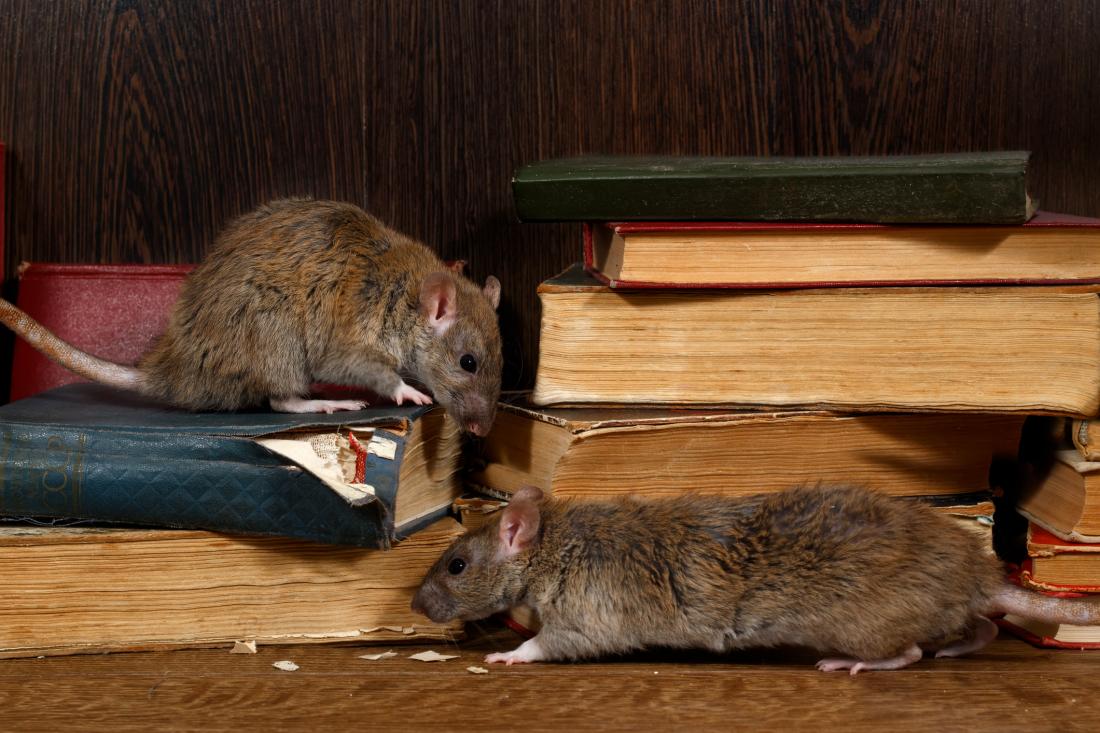New research suggests that a rat’s experiences may act as an early warning system to its fellow rodents.

Empathy is the ability to understand someone else’s emotional experiences. Typically, we think of empathy as a noble quality that we relate to compassion.
However, a new study from the Netherlands Institute for Neuroscience in Amsterdam suggests that for rats, being able to detect another’s feelings may be a vital survival tool.
“What our data suggest is that an observer shares the emotions of others because it enables the observer to prepare for danger. It’s not about helping the victim but about avoiding [becoming] a victim yourself.”
Valeria Gazzola, senior author
The research suggests that empathy tells a rat what lies ahead; another rat’s fright or pain may serve as an early warning, while their happiness could suggest the “all clear.”
The new research appears in the journal PLoS Biology.
The experiments
The authors of the study examined empathy in a series of experiments and drew several conclusions about the manner in which rodent empathy works.
The researchers were also interested in ascertaining the factors that might create greater empathy.
The experiments positioned pairs of rats face-to-face. The scientists designated one rodent as the “demonstrator” and the other as the “observer” or “bystander.”
In each round, the demonstrator was startled by the brief application of electrical current to their front paws as the observer watched.
“The first thing you see is, upon witnessing its neighbor jump, the bystander suddenly looks scared as well. The bystander catches the fear of the demonstrator,” according to author Rune Bruls.
“Fear just jumps from one rat to another,” Bruls adds, and the fear also jumps back. The researchers saw that the observer’s reaction also affected the demonstrator’s feelings about the electrical current.
The suggestion is that the observer’s level of fear provided a clue to the demonstrator — the rat that had experienced the shock firsthand — how to feel.
If the observer did not seem that scared, then neither did the demonstrator. If the observer was terrified, so was the demonstrator.
How familiarity, experience affects empathy
People may assume that the closer they are to another, the more readily empathy will occur. It turns out this is not the case, at least for rats.
By comparing the empathetic responses of rats that had never met before against other pairs that had shared a living space for 5 weeks, there was no difference in the speed or intensity of the emotional contagion, according to the paper’s authors.
Gazzola considers this finding as supportive of the empathy for survival hypothesis: If survival is a rat’s main concern, the relative familiarity of a partner would be of little consequence.
One factor that did have an impact on empathetic response was an observer’s own previous experience with electrical shocks.
Observers unfamiliar with the experience were less likely to react to a demonstrator’s plight in a big way.
Efe Soyman, another of the study’s authors, suggests: “Rats are like humans: The more our experiences match those of the people we observe, the more we can empathize with what they feel. It takes one to know one!”
Rats vs. humans
The research team was able to use the rat experiments to make a connection with the brain area scientists associate with empathy in humans, called the anterior cingulate cortex (ACC).
To see if the rats’ ACC was similarly involved in empathy, the researchers introduced a drug that temporarily reduces activity in the area.
“What we observed,” says Prof. Christian Keysers, lead author of the study, “was striking.”
“Without the region that humans use to empathize, the rats were no longer sensitive to the distress of a fellow rat. Our sensitivity to the emotions of others is thus perhaps more similar to that of the rat than many may have thought.”
Christian Keysers
After all, rats are not the only species that wants and needs to survive.
